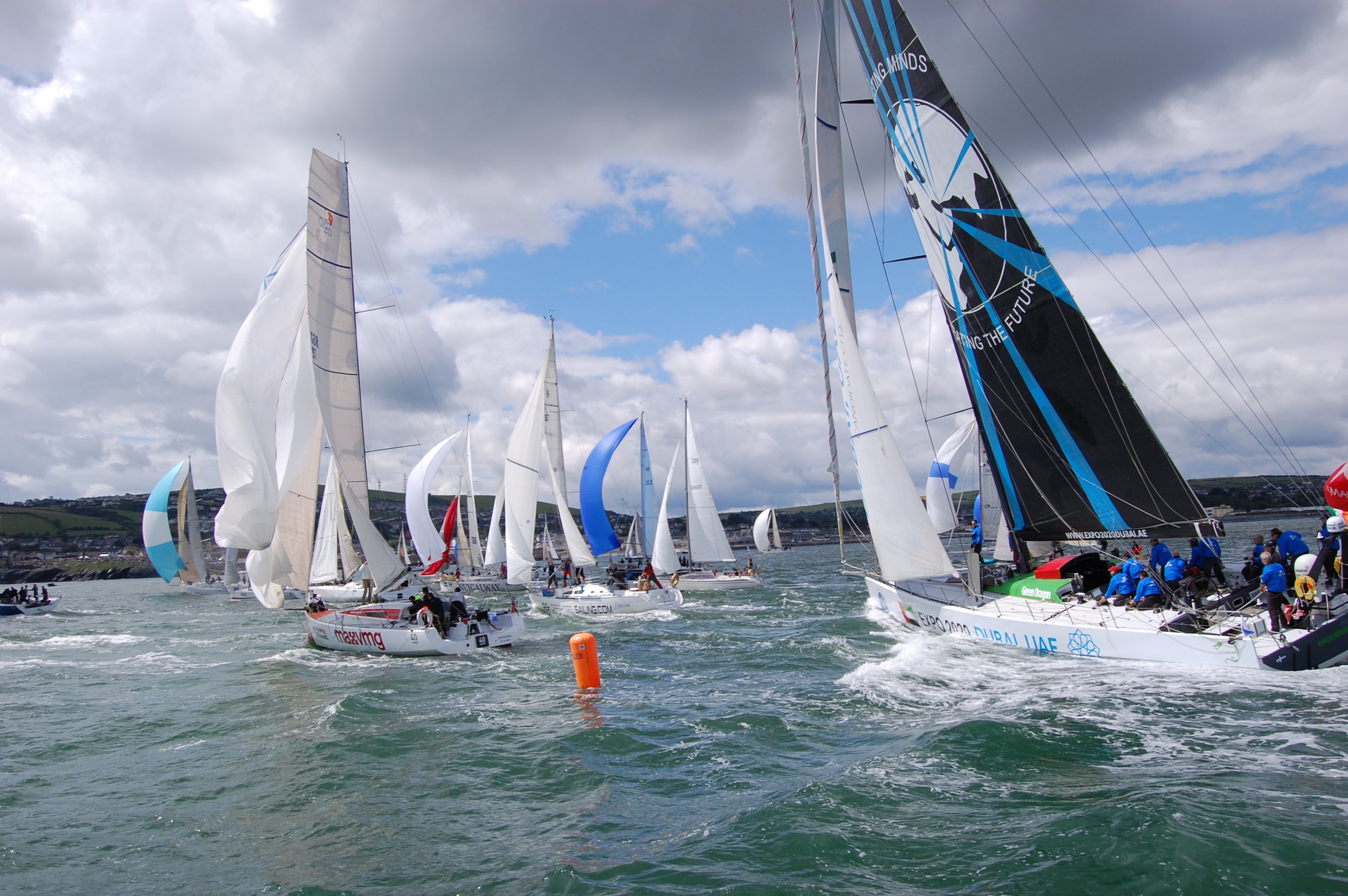One has to wonder how many men William Hillary helped pull from their wrecked ships before he realized that enough was enough. How many men had the Irish Sea claimed before his own eyes, and how many more would he have to fight tooth-and-nail to rescue off that treacherous coast? And was he willing to accept these tragedies as simply a part of 'life at sea'?
The very first Wicklow Regatta Festival took place in September of 1878 and has been a popular an unmissable event ever since. Between the traditional yacht races, swimming, golly-fishing, and music events scattered across the weekend – Wicklow is transformed into a lively hub where its habitants, and visitors, can reflect on the town's rich maritime history.
Robert Charles Halpin (February 16 , 1836 – January 20 1894) left Wicklow Town to become a seafarer at the age of 11, inspired by tales from the sailors that would come through the doors of The Bridge Tavern, owned by his family. By the age of 15, he had travelled 26,000 nautical miles and survived a shipwreck which claimed his parents.
Viking sailors christened their new coastal base 'Wykinglo', taking advantage of the location's natural harbour and proximity to Britain and mainland Europe. Goods were traded through the port from far and wide, and more positive relationships between the Irish natives and the vikings began to flourish because of this. The Irish referred to early Wicklow as 'bac na saor' or 'Craftsman's Creek', having watched the new settlers build and repair their ships.









